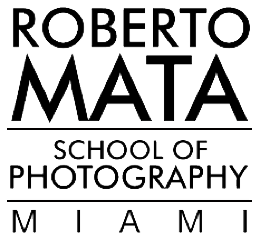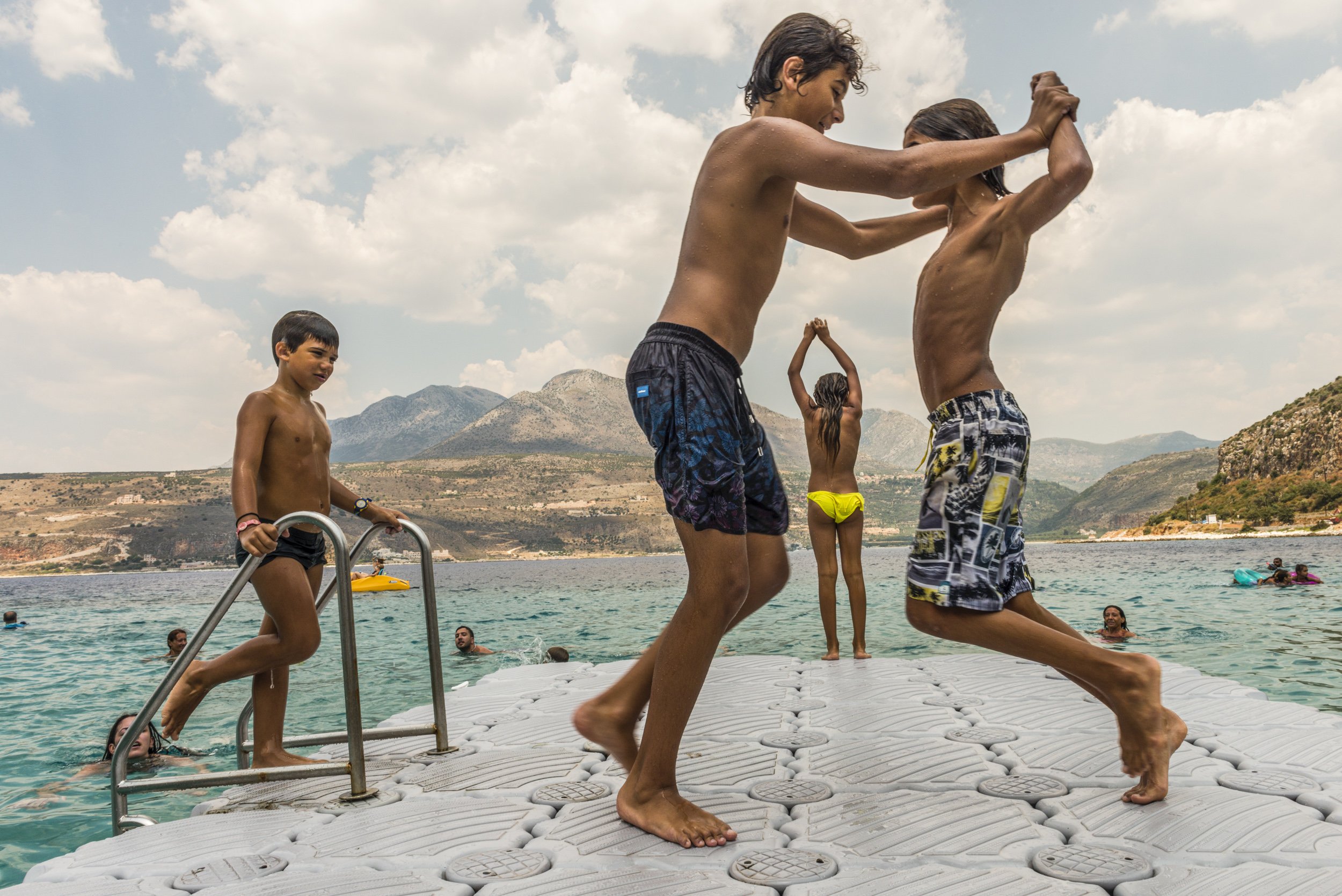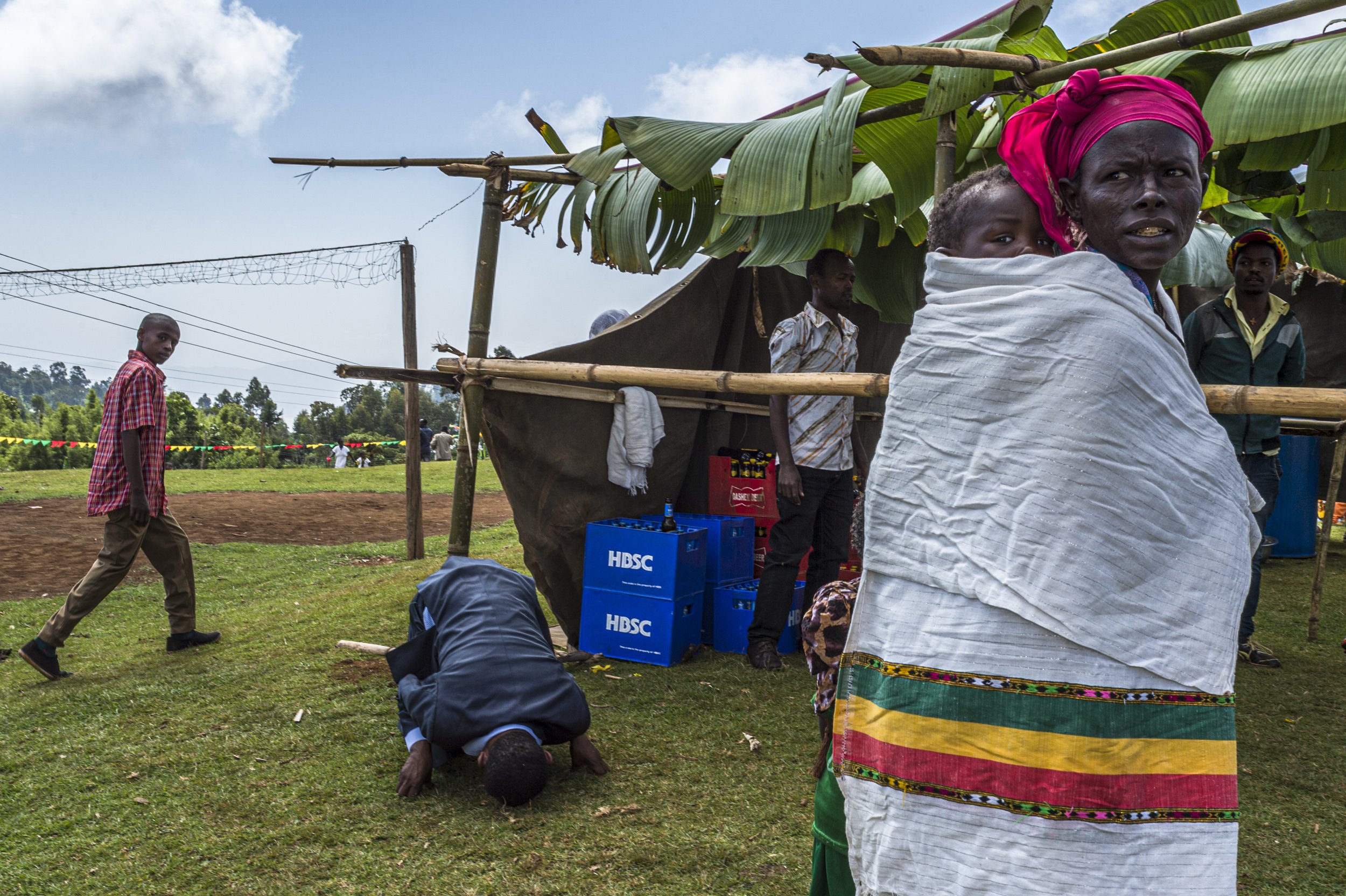PHOTO CONFESSIONAL: Margarita Mavromichalis
Greece 2016
IF YOU WEREn’T A PHOTOGRAPHER, WHAT OTHER PROFESSION WOULD YOU PICK?
That is a good question since I could not imagine myself doing anything else right now. Photography came into my life at a very young age. When I was a teenager, I had my own darkroom at home and enjoyed spending time there playing with film. I ended up studying translation and interpreting since I speak five languages but I still see photography as my second language, as it is universal. I would want to find a profession that would allow me to be around people and in a position where I could make a difference.
WHAT HAS BEEN THE MOST CRUCIAL DECISION YOU HAVE MADE IN YOUR CAREER’s DEVELOPMENT?
In 2014, I decided to document the refugee crisis as it developed on the island of Lesvos in Greece. Lesvos (a small island) was the biggest point of entry into Greece and Europe with more than 5,000 refugees arriving on small boats every day. It probably was the most difficult assignment I imposed on myself. Being there and witnessing this humanitarian tragedy was really challenging to capture as there were days that I just sat there being unable to shoot. With the work that I created I managed to hold a fundraiser to support the Greek coastguards who were in much need of basic equipment at that time and who were bearing the heaviest load of that crisis. Furthermore, the work was also featured in numerous publications including the Huffington Post.
Cuba 2018
HOW IMPORTANT IS RESEARCH IN YOUR WORK?
I believe that research is very important in photography. It helps us photographers go below the surface and create more meaningful work. Just as photography educates us in many ways, research does the same.
IS THERE A PHOTOGRAPHER/ARTIST WHO IS A CONSTANT REFERENCE FOR YOU?
The person who has seen me through my first steps and has constantly been a source of reference to me is New York City based photographer Harvey Stein. He was one of my first teachers at the International Center of Photography (ICP) in New York and has been a mentor since. We also hold workshops together twice a year around the world and in New York City.
WHAT WOULD YOU NOT WANT TO PHOTOGRAPH?
I have never been interested in architectural photography nor in landscape. I do not underestimate those genres at all, as they are very difficult to execute well, but the absence of the human presence does not appeal to me. I need the energy that people provide.
London 2023
WHAT EQUIPMENT DO YOU USE, AND WHAT IMPORTANCE DO YOU GIVE TO TECHNIQUE?
Technique is very important. It’s the basis of everything. The more you know, the more creative you will be able to be later on. I use a Nikon D850 with a 24mm lens. It has been an extension of my arm for the past 8 years and I know it’s time for me to move on to a lighter system.
WHAT IS THE STARTING POINT OF YOUR CREATIVE PROCESS?
I never go out with a specific intent. I let my intuition guide me when I go out shooting every day. I see the streets as a theatre stage where anything and everything can happen so I want to be open to that. The light and often the backgrounds guide me. I can sit aND wait at a specific spot for a long time if I feel that the place is right. And the longer you stay, you become part of the scenery, thus more invisible.
New York 2021
HOW DO YOU DEFINE YOUR PHOTOGRAPHY WITH A # TAG ?
#humanlens
HOW DO YOU DEAL WITH REJECTION?
Rejection is never easy to accept, but I try to understand why I got rejected. It sometimes makes me crawl into a ball and feel sorry for myself (if it comes from a place that I really care about) or it sometimes makes me angry and frustrated and pushes me to keep trying (that is the most positive outcome). At the end of the day, one should not take rejections personally as everything is very subjective in the art world. If you ask five people for their opinion, you are most likely going to get very different feedback from each one.
HOW DO YOU THINK YOU HAVE ACCOMPLISHED SUCH SUCCESS?
How does one really define success? But I would say hard work! Nothing comes easy unless you put your heart and soul in it and work hard. One needs to be patient but one also needs to follow one’s heart. I do not try to please others than myself. If my work is appreciated, I see it as a bonus!
Ethiopia 2015
HOW DO YOU APPROACH STRANGERS IN YOUR PROJECTS OR TO INCLUDE IN YOUR PROJECTS?
My projects always revolve around the human being. When I first started off, the one thing I knew was that I wanted to photograph people. That led me to explore street photography, portraiture and documentary photography. In portraiture, it’s a collaborative process and I tend to spend time with my subjects. I find something to compliment them on, which they always appreciate. My street photography and documentary projects are all candid.
London 2019
IS IT COMMON FOR YOU TO QUESTION YOURSELF OR YOUR PHOTOGRAPHY?
Every single day! There is not one day that I don’t question myself. I tend to be a perfectionist and always want to do better. I am not particularly computer savvy and that is frustrating as it’s a big part of the digital process. Then comes the personal promotional skills, which I don’t particularly care about and don’t want to spend the time on acquiring. However, I realize how important they are these days. All I want to do is create work that pleases me because it’s the one thing that really makes me happy, and hope that someone will notice.
WHAT DOES IT MEAN TO YOU TO BE A WOMAN PHOTOGRAPHER? HOW HAS IT AFFECTED YOUR PROJECTS? AND YOUR APPROACH TO THE ART WORLD/ PHOTO-BOOK WORLD?.
I feel that being a woman photographer helps me in the creation of my projects. I am probably less likely to run into trouble for shooting random people out on the streets than a man would be. That being said, there is still a huge disparity between men and women in the art world. Women are still under represented in competitions, talks, panels, judging, etc… which is such a shame. We are all so different and have such different perspectives, there is space for everyone.
London 2018
WHAT WOULD YOU SAY TO A NEW PHOTOGRAPHER WHO IS JUST STARTING OUT?
I would advise anyone starting out to first invest into photography books and get a sense of what a good image looks like. Find photographers that they admire and study their work. There is so much bad imagery on the web. Then try to emulate their style. There is nothing wrong with copying someone’s work, we all start off by doing that because this is where our inspiration comes from. Then slowly we develop our own style and evolve. Lastly, never be afraid of making mistakes. Mistakes are our learning tools, they educate us. Even professional photographers make mistakes!
ABOUT MARGARITA MAVROMICHALIS
SHE Is mostly attracted to street photography and the elements that evoke emotions and surprise in our everyday life. Furthermore she is passionate about documenting current events that she feels very strongly about, highlighting their social impact.
Her work has been displayed in exhibitions in New York, Boston, San Diego, most recently in Budapest, Athens, Paris, Berlin, Barcelona, London and lately in Tokyo. Selected images are part of the permanent collections of the Museum of the City of New York and the Brooklyn Historical Society.
She has been published by the Wall Street Journal and the Huffington Post and her work is also featured in numerous photography publications. She is the winner of the Pollux Award (2016) , the Julia Margaret Cameron Award (2018 and 2020) , AMONGST OTHERS. Finally, in 2023 Margarita was nominated for the prestigious Leica Oscar Barnack Award.








